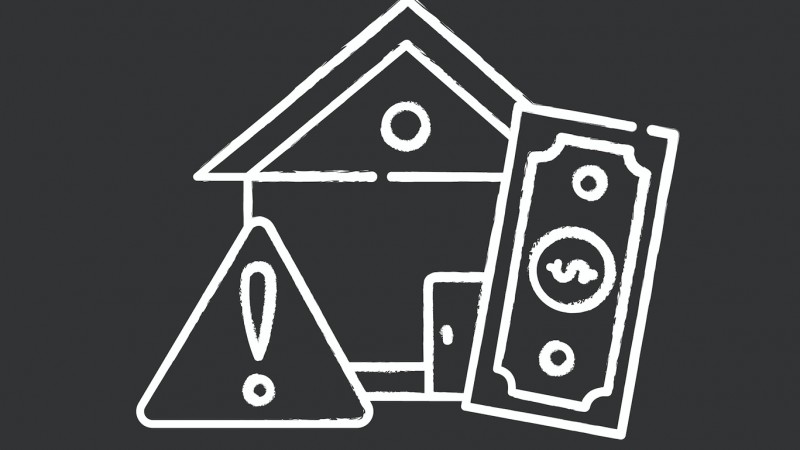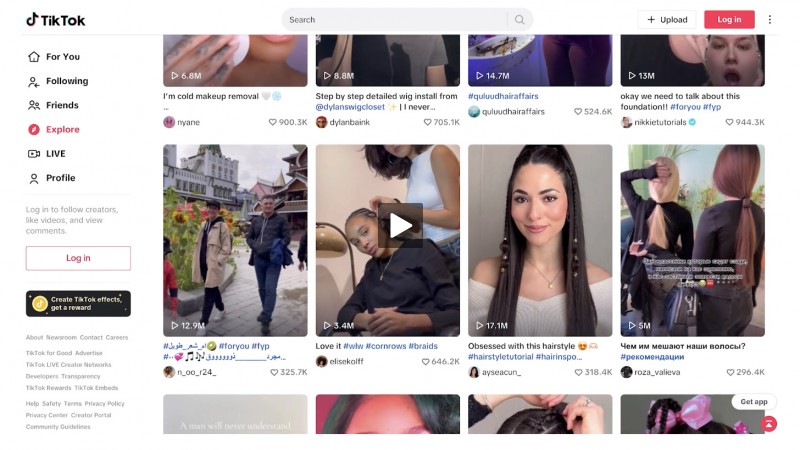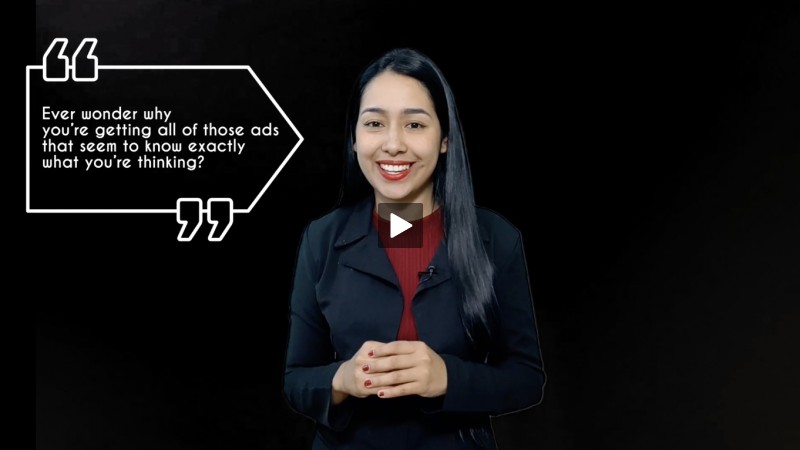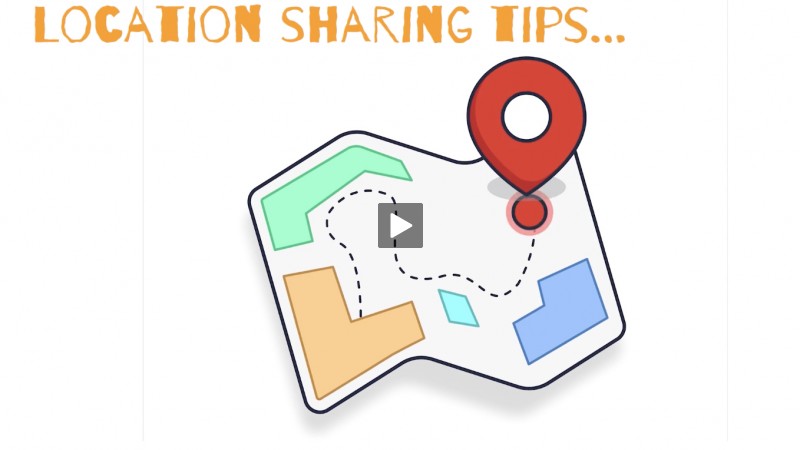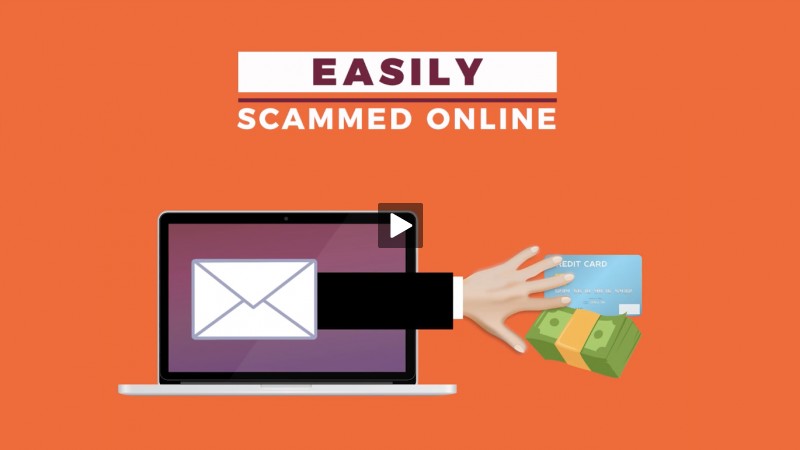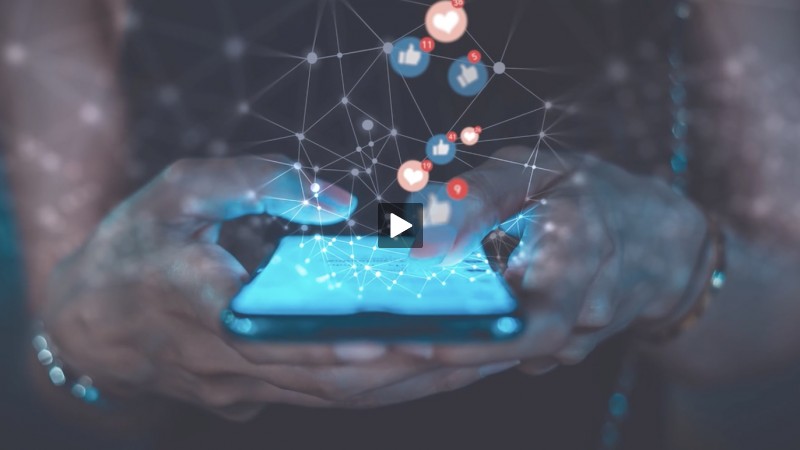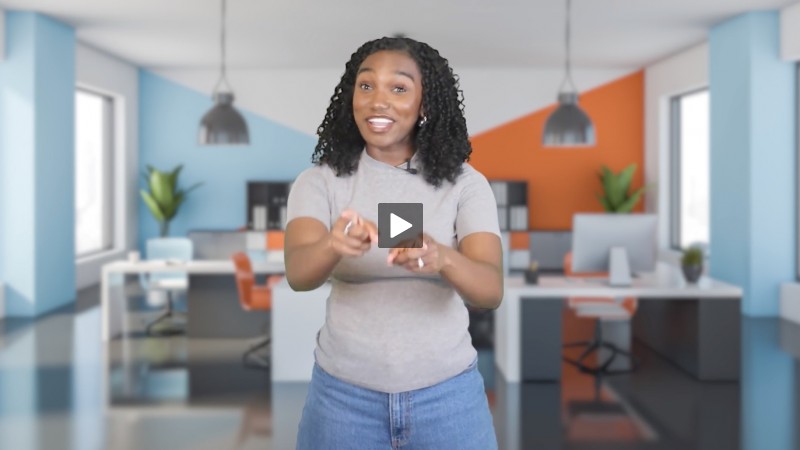Ticket Tricksters Turn It Up
- Details
- Category: Articles

Scoring front-row tickets to a sold-out concert could bring about the same rush you might feel when the lead singer serenades you personally—all while surrounded by equally delirious concertgoers.
These crooks don't have a place in the band but will do their best to play you.
But, if you're not careful, someone might pull the plug on your fantasy, er, excitement. While you're counting down the days to the live event, a scammer might be counting how much they made selling you phony tickets. These crooks don't have a place in the band but will do their best to play you.
(Cindy, a huge fan of singer Tyler Sift, enjoyed regularly commenting on Instafaux accounts of other fans. One day, someone took notice.)
Instafaux (Scammer): Hey, Cindy! Thanks for the comment.
Cindy: No prob.:)
Instafaux (Scammer): I've got two Tyler Sift tickets I can't use. My daughter is having surgery that day. Do you want to buy them? Here's a pic of the tickets. These are great seats.
Cindy: Really? Front row??? OMG!!!! This has been sold out for months. How much?
Instafaux (Scammer): You seem like a real Sifti, so I'll let you have them for $400. Send me the money by midnight via Coin App.
Cindy: Thank you so much!!!
(Cindy sent the money via Coin App. Then, a few hours later, she received another message.)
Instafaux (Scammer): Oh, yeah. I forgot that I also need you to send an extra $85 to cover the cost I paid for transferring the e-ticket from Ticketmonster.
Cindy: Sure, but when am I getting the tickets?
(Night of the concert)
Cindy: Hi, I'm still waiting for the tickets.
Why Fake Ticket Scams Work
Bogus social media posts and direct messages are nothing new. But as consumers become skilled at spotting fakes, cybercrooks do everything possible to make the communication seem more organic and authentic. Like in other scams, con artists use their target's emotions against them. They'll even send fake images of the tickets. Desperate to see their favorite artist perform live, fans are sometimes willing to disregard their better judgment.
How to Avoid a Fake Ticket Scam
Phony ticket sellers don't need to come out for an encore to line their pockets. They call it a good show if they can convince you it's safe to pay them using third-party gift cards or peer-to-peer payment apps. While this is a common closing number for many scammers, paying attention to their set opener could reveal common red flags that can help you avoid this scam.
Be wary of the following:
Event tickets priced extremely low when the demand for tickets is high
Private messages from people you've never met offering to sell sold-out or deeply discounted tickets
Tickets advertised on social media or free online marketplaces like Craigslist
No matter where you buy tickets, always pay with a credit card. It provides scam protection unavailable with other payment methods.
Do you suspect a fake ticket scam? Report it to the Federal Trade Commission.













